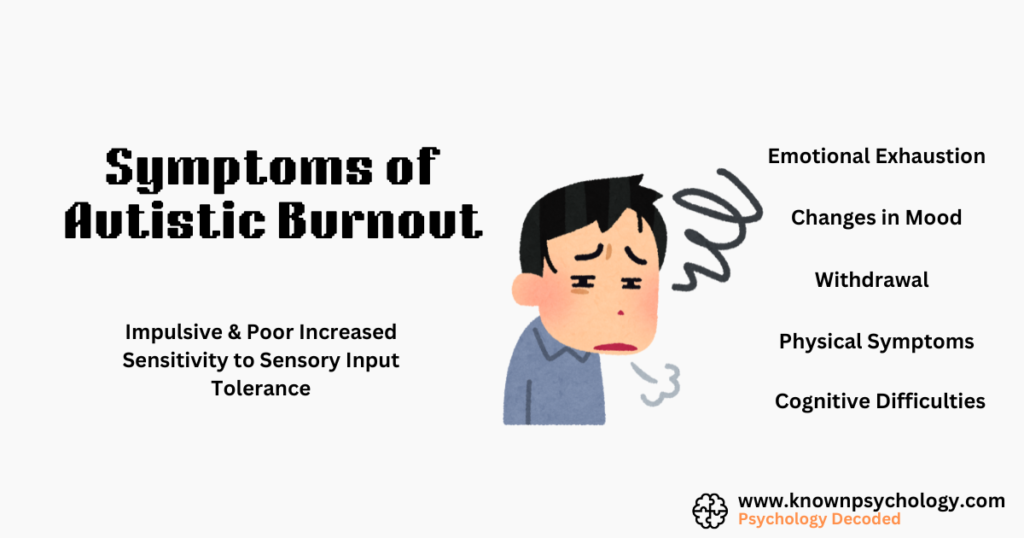Anxiety-related speech challenges can take many forms: a shaky voice, rapid speaking, difficulty finding words, stammering, and brain fog. These situations are slightly different from other speech problems in that the issue is cognitive rather than mechanical. Whereas many articulation problems result from underdeveloped fine motor skills, these issues are specific to the person’s frame of mind.
Combatting speech issues caused by deep-rooted anxiety may still require sessions with a speech therapist. However, the person suffering from the problem will also need to work on dealing with the underlying feelings that caused the problem in the first place.
In this article, we take a look at how to combat speech issues caused by deep-rooted anxiety.

Does Anxiety-Related Speech Problems Require Professional Assistance?
It very well might. A speech-language pathologist will probably be your quickest path to symptom relief. They can address your situation specifically, helping you identify triggers and develop effective response strategies.
That said, they aren’t free. Your insurance might cover some or all of the costs. It also might not. If you are hoping to avoid the expense of professional assistance, you may try some of the strategies that we will describe in later headings.
Note: School-aged children will most likely be entitled to free services. Public schools have therapists, social workers, and speech-language pathologists, all of whom may be able to help your child with their anxiety-related difficulties.
These services are supposed to be rendered automatically based on need. However, you may need to keep close contact with the school to make sure your student is getting the support they need. Most schools are threadbare in their resources, and “squeaky wheels,” often receive the most prompt attention.
Identifying Triggers
One of the first steps to treating anxiety-induced speech issues is to identify your triggers. Is your speech issue constant, or does it develop only in situations where you are uncomfortable? Does your level of comfort influence the extent to which you experience the problem?
Some people may display a slight stammer in low-pressure encounters (like meeting someone at the grocery store) and a much more pronounced problem in more extensive reactions.
Figuring out what initiates your speech issues will help you better understand the problem. It’s important to keep in mind that your impediment, in this case, is a symptom, not the condition itself.
Prepare for Social Encounters
Preparing mentally for social encounters can make them less triggering. You don’t need to write a script for yourself anytime you run errands. You might think of what types of interactions you are likely to have at any given outing.
Planning your social encounters can help prevent feelings of being caught off guard. It can also put the problem into perspective. You might think, “Ok. I’m going to Target. I know Ryan over in electronics. If I see him, I will say, ‘Hi, Ryan.’ The cashier likes to ask about my daughter. If she does, I will say, ‘Hannah is doing well.’ I probably will not see anyone else I know. If I do, I will smile and say ‘hello.’”
It might sound silly, but running the scenario through your head can make it feel less uncomfortable. You’ll have responses within reach for whatever social encounters develop on your outing. You’ll also go in secure in the idea that none of your interactions involve pressure.
Exposure Therapy
The idea behind exposure therapy is that it forces you to face your fears in a safe environment. To keep with our Target example (because what environment is safer?), exposure therapy might involve choosing to complete your transaction with a clerk instead of at self-checkout.
Exposure therapy as a psychological concept is usually done under the supervision of a therapist. While professional assistance may be necessary/helpful in this case, the anxiety trigger is a simple enough situation that you may consider engaging with it independently.
Consider experimenting with conversation. You don’t need to approach strangers. Just accept small interactions as they arise.
Coping Mechanisms
Dealing with anxiety often requires implementing sustainable coping mechanisms. Slow breaths. Mindfulness activities. Exercise and meditation. These are all habits that literally reduce the amount of stress in your body.
Anxiety is part of your body’s “fight or flight,” response. Basically, your brain’s way of saying, “Hey, this situation might not be so good. What are we going to do about it?”
The chemical triggering that reaction is called cortisol. While useful in the proper context, you don’t want it tripping you up in basic human interactions.
Mindfulness behaviors reduce cortisol in your brain, often making it easier to cope with stress and anxiety.
You can implement these behaviors in stressful situations, but they will also be helpful as regular components of your routine, allowing you to experience a more relaxed emotional baseline.
When to Get Help
If you aren’t responding to any of the simpler strategies for managing your stress-related speech impediment, it is probably time to seek professional help. While speech issues are very manageable, they can be extremely isolating.
Also, consider speaking with a professional if your speech challenges are interfering with your quality of life. You don’t need to live with a condition that is holding you back professionally or personally when solutions are within reach.
Conclusion
Speech problems are very treatable. While the road ahead might be difficult, it’s better than the alternative. Most people find that committing to improvement is the most challenging step. Getting out of your comfort zone is hard, but it is an important component of managing your speech problems effectively.
Shaista specializes in Personality Psychology and Organizational Behaviour, with a deep interest in how people think, grow, and interact within systems. She writes for multiple websites, bringing clarity and insight to topics across human behavior, mental health, and workplace psychology.


